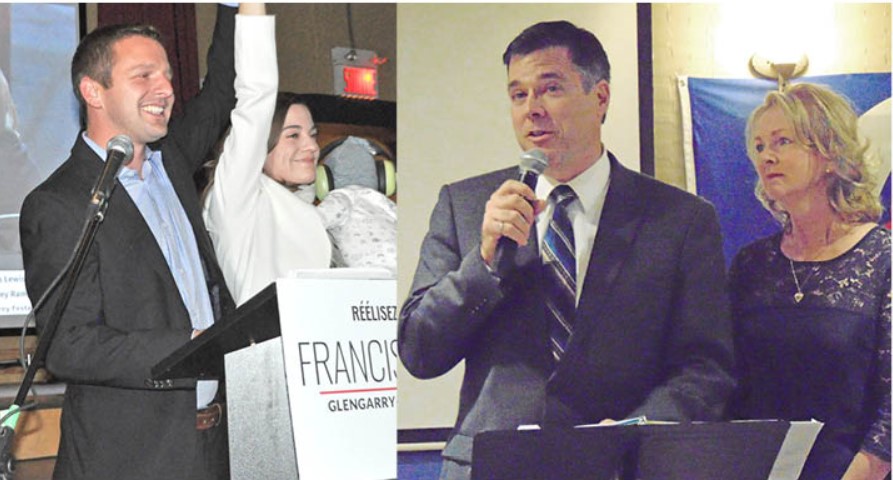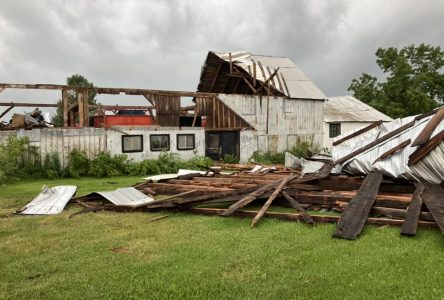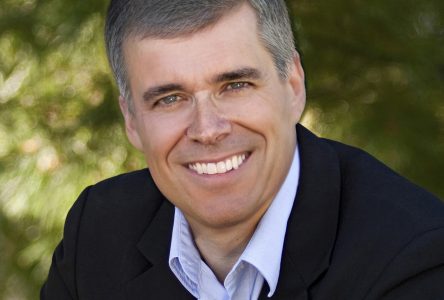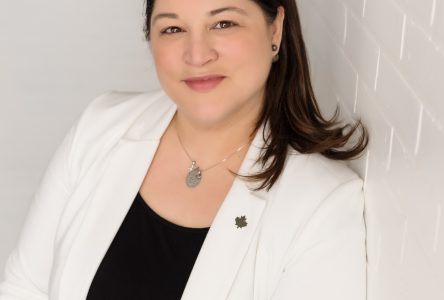Election Night Monday saw Justin Trudeau win his second term as prime minister but this time in charge of minority Liberal government. The Liberals will have more than 150 seats in the new parliament, which makes them a “strong” minority government, but they may still have to depend on either the NDP or the Bloc Québecois for support on budget and other legislative policy proposals.
“I think that collaboration is key,” said Drouin, when asked what he thinks will be the challenges facing the minority Liberal government. “My approach is that I’ve worked with Conservatives on bills that I agree with and I’ve worked with NDP on bills that I have agreed with. I look forward to working with every parliamentarian that will be elected tonight in the House of Commons.”



